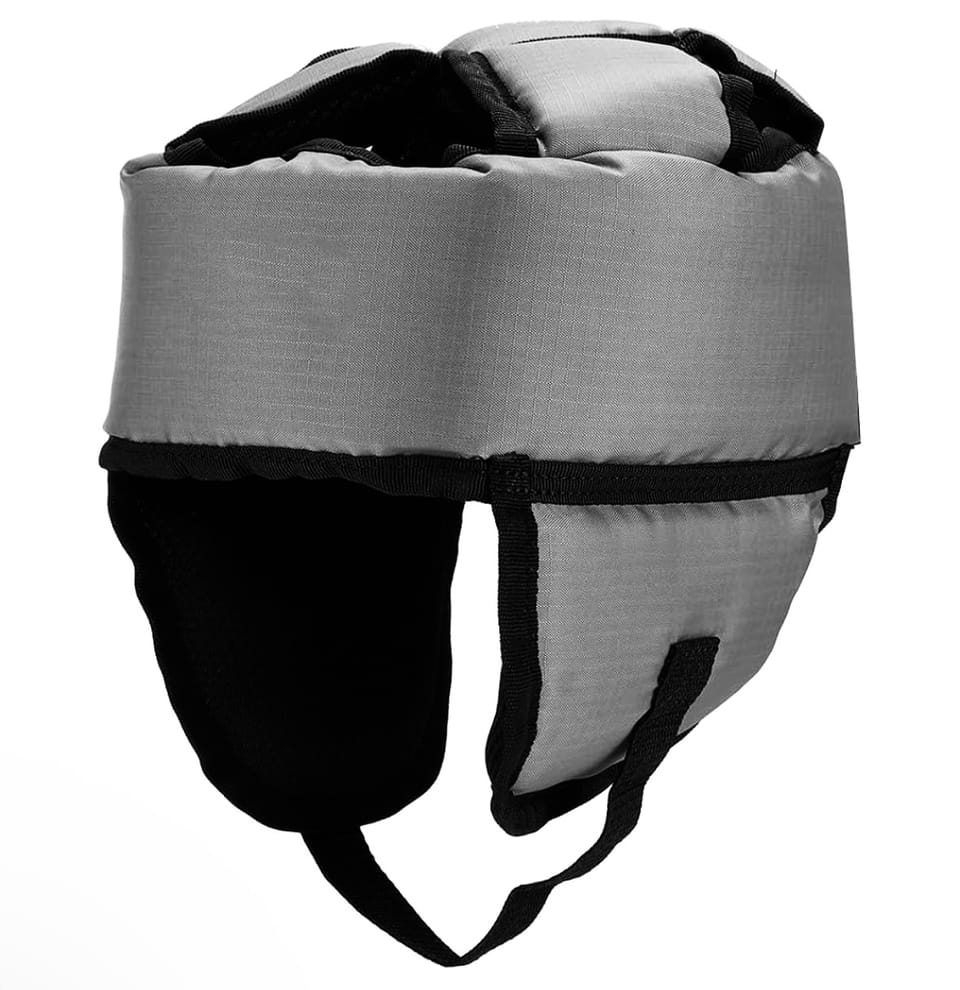The Pause Button: A Family’s Small Solution for a Big Fear

It’s been a while since I sat down to write about Nana. Part of me avoids it because every time I try I get swept away — too emotional, too many details, and then I digress. But this is important. This is about my brother. About the way his world changes shape, the way our family learns to move with him, and the small wins that feel enormous.
Nana doesn’t do “normal” phases. He does phases that become the rhythm of our house for months or years at a time. There was the phase where he would absolutely annihilate whatever he decided you were attached to. When I lived at home it was my phone — gone, crushed, or hurled across the room. For my dad it was the TV, especially if CNN or Al Jazeera was on. You learn quickly to protect the things the rest of the world treats like normalcy.
There was the phase where we had to actively keep him away from caffeine and sugar — a full-on family campaign. Now, mercifully, he’s mostly uninterested. There was the Papaye phase: at one time he’d only eat the fried rice and ignore the chicken; now he’ll happily have both. There was the phase of language where he’d say one thing and mean something entirely different, and the rest of us — my parents, Eben, my aunties, my uncle, my grandmother and Becky (she used to help take care of Nana) — all became amateur translators, learning what he really meant when words didn’t line up.
And then there’s the phase I don’t like to think about, but have to: self injury. When Nana becomes overstimulated — think too much noise in his head — he hits his hand against his forehead. In those moments he almost has superhuman strength. Stopping him is like trying to stop a storm with your bare hands. Eben, who is the only person in the house who can match his strength when it matters, will hold Nana’s hand and sit through the wave until it passes. There’s no set duration; sometimes it’s short, sometimes long, and each time leaves all of us a little raw.
About a month ago I was chatting with my cleaning lady about the weekend. That casual conversation turned into something that felt like relief: she told me her six-year-old grandson is autistic too and has been in a similar self-injury phase where he hits his head against hard surfaces. They got him a padded helmet, she said, and it helps. I didn’t even think — I started texting Eben about it immediately.
It made sense on paper. Eben’s concern was real: Nana hates having his head touched. Haircuts are a marathon and a saga — a story for another time. Would Nana take a helmet off? Would it freak him out? Would it make things worse? We worried. We debated. We tried it anyway. We got the padded helmet. The first few times he took it off randomly, like it was an unwanted hat. But the win is this: when he becomes overstimulated and the self-injury starts, the helmet stays on. It doesn’t stop the feeling or change the fact he’s hurting inside, but it does protect him from causing lasting harm. For a family that has been carrying the anxiety of those moments for a long time, that protection is everything.
What this looks like in practice is ordinary and extraordinary at once. Ordinary because it’s part of our day-to-day — Eben holding Nana’s hand until the wave passes, my parents learning new rhythms, everyone adapting. Extraordinary because the small changes add up: a helmet that stays on during a meltdown, a favorite takeout that becomes a comfort, a word that finally makes sense when you hear it in context.
Writing this, I don’t have neat conclusions. I don’t have a cure or a single piece of advice that fixes everything. What I do have is a family that keeps showing up, figuring things out in real time, and celebrating tiny victories that mean the world. Nana’s life is built from phases — some messy, some funny, some frightening — and we’re learning how to move with them without losing ourselves.
If there’s anything I want someone else to take from this, it’s this: solutions don’t have to be perfect to matter. They just have to reduce harm and give you a little breathing room. The padded helmet is not a miracle. But it’s a pause button on a fear we lived with for a long time. And sometimes a pause button is enough to remind you that you can keep going.
I’ll keep writing. Not because I have answers, but because these stories — the hard ones and the small wins — deserve to be told.
Member discussion